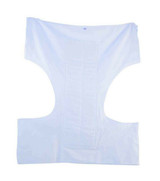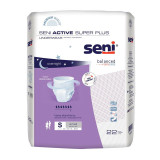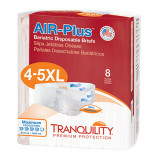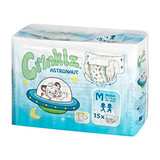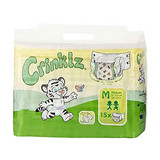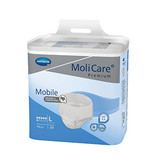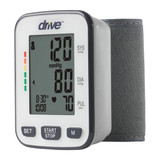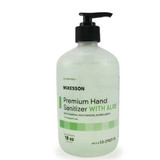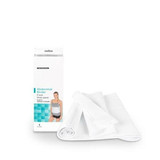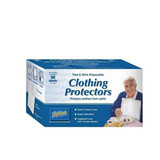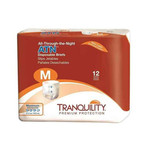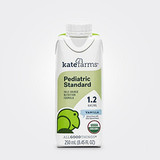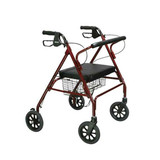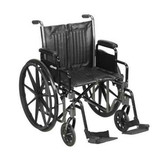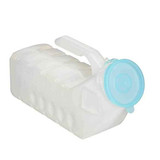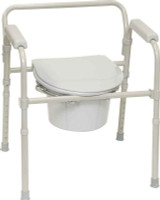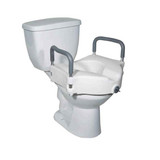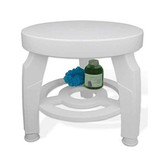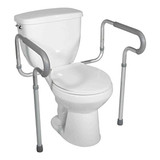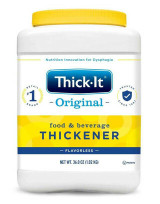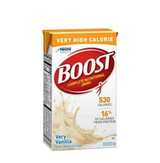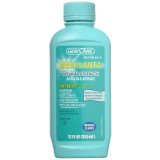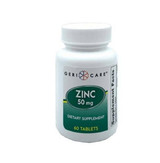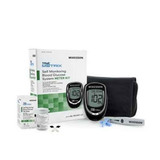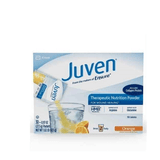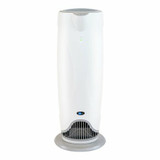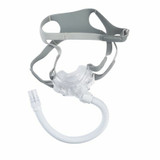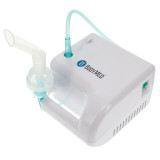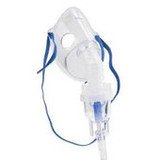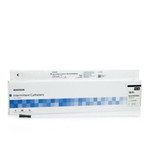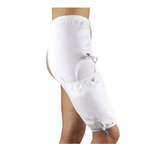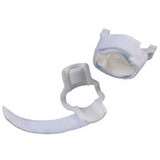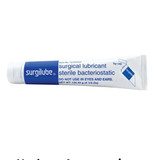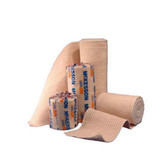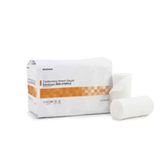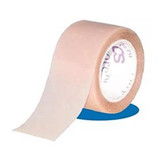
The Caregiver Guide – Coping with Cardiovascular Incidents
Cardiovascular disease (CVD), encompassing heart attacks, strokes, and cardiac arrests, is the leading cause of death In the US. According to preliminary 2022 data published by the National Safety Council, heart disease accounted for 700,000 deaths, while strokes added another 165,000. The risk of CVD also increases significantly with age. According to 2019 figures reported by the Centers for Disease Control and Prevention, 18.3% of people aged 65 and above have some form of heart disease. The prevalence among younger age groups varies between 1% and 9%.
While a stroke is, strictly speaking, not a cardiac event, we’re including them in this article as they have a lot in common with heart-related issues. Both are caused by a sudden interruption in blood flow, and many steps we can take to prevent them or to reduce the risks are common to both.
A cardiac event can significantly impact the victim’s physical and mental well-being. It doesn’t end there, though. These events also take a toll on their loved ones, who often become their caregivers after an incident. In this article, we will explore the role of caregivers and how they can provide essential support during these difficult times.
Types of Cardiac Events
Heart Attack: A heart attack occurs when the blood flow to a part of the heart is blocked, usually by a blood clot. This can lead to chest pain or discomfort, shortness of breath, and other symptoms. It is often caused by coronary artery disease, where the arteries that supply blood to the heart become narrowed or blocked.
Stroke: A stroke occurs when bleeding occurs in the brain or when a blood clot blocks an artery leading to the brain. Symptoms can include sudden weakness on one side of the body, confusion, difficulty speaking, and vision problems.
Cardiac Arrest: Cardiac arrest occurs when the heart suddenly stops beating effectively due to electrical problems. This can lead to a sudden loss of consciousness and requires immediate medical attention, including CPR and defibrillation.
Handling a Cardiovascular Incident
It's important to recognize the signs and symptoms of different cardiovascular events and seek prompt medical help if you or someone else experiences them. Early intervention can make a significant difference in outcomes for these life-threatening conditions.
Having an emergency plan in place can make all the difference during a cardiovascular incident. Ensure that you and your loved ones know what steps to take in an emergency. For a detailed discussion on setting up an emergency plan, read this article. It covers all types of emergencies, not only medical.
Having even a basic knowledge of CPR techniques can save a life when someone has a heart attack. Performing CPR correctly helps sustain blood flow to vital organs until the emergency services arrive. It’s a good idea to attend a refresher course every few years.
The Recovery Process
Recovering from a cardiovascular incident usually involves a hospital stay followed by a period of recovery at home. The length of the hospital stay will vary depending on the severity of the incident, the victim’s overall health, and the specific treatment plan. The rehabilitation programs following discharge from the hospital play a crucial role in rebuilding strength, mobility, and independence.
The treatment for cardiovascular incidents is likely to introduce new medicines to people who may already be using multiple drugs, potentially causing new and unexpected interactions and side effects. You should advise the doctor of all medications, prescribed and over-the-counter so that they can anticipate and avoid adverse reactions. It’s also important to adhere to prescribed medications, follow dosage instructions, and promptly report any side effects to your healthcare provider.
Patients may experience a range of emotions, such as anxiety, fear, or frustration, during the recovery process while they are not at full strength. We’ll discuss this in detail later on in a separate section.
Life After a Cardiac Incident
Recovering fully from a cardiovascular event and living a normal life again goes beyond just treatment and convalescence for a finite period. Making certain positive lifestyle changes will help improve your heart health and overall well-being and could prevent another occurrence. Here are some key areas to focus on:
Exercise. Regular physical activity is essential for maintaining a healthy heart. Consult with your healthcare provider to create a safe and effective exercise plan for your condition.
Nutrition. A heart-healthy diet rich in fruits, vegetables, whole grains, lean proteins, and healthy fats can help lower cholesterol levels and reduce the risk of future cardiovascular events.
Managing Stress. Stress can significantly impact heart health. Explore stress-reducing techniques such as meditation, deep breathing exercises, yoga, or engaging in stimulating and enjoyable hobbies.
Quitting Smoking. Smoking is a major risk factor for heart disease and stroke. If you smoke, quitting is one of the best things you can do for your heart health. Seek support from healthcare professionals or smoking cessation programs.
Managing the Psychological Aspect
The psychological impact of a heart attack or stroke can be profound, affecting both patients and their caregivers. Patients may undergo emotional responses such as fear, anxiety, depression, and post-traumatic stress disorder (PTSD). This can stem from the sudden disruption of health and independence, the stark realization of mortality or lifestyle changes. Recognizing these psychological effects can help healthcare providers offer appropriate support and therapy.
Caregivers also play a significant role in the emotional recovery process. The feelings of anxiety or helplessness may affect them equally and can contribute significantly to caregiver burnout, which will have a detrimental impact on the quality of care provided. Mental health support for caregivers is, therefore, equally important throughout the recovery period.
Caregiver Resources and Support Networks
Caregivers have a very demanding role, often juggling caring duties with their own day-to-day responsibilities, such as a job or children. Many caregivers have difficulty managing their own well-being and find their health deteriorating. Using some of the enormous amount of available caregiver resources can help them cope much better.
Heart patient support groups serve as invaluable networks where caregivers can connect with others facing similar challenges. These groups provide emotional support, share experiences, and offer practical caregiving tips. Additionally, they create a sense of community and belonging that can help alleviate feelings of isolation.
Conclusion
A cardiovascular incident has a profound impact on the person who experiences it and their loved ones. Caring for such a person can be challenging in many ways, but it can also be gratifying. Remember, as a caregiver, your role is essential to their recovery, and your dedication can significantly impact their future health.
At LL Medico, we understand the demands of caregiving, and we salute you for your noble service. We strive to support caregivers by delivering quality senior care products at highly competitive prices. Delivery is free within the continental US, irrespective of order value. Whether you need adult diapers, diabetic supplies, or even personal care items, LL Medico has you covered. Call us today at (855) 422-4556 or email [email protected].
As Maya Angelou said, "I learned that caring for someone is honoring the gift of their life, whether known or unknown by them, by allowing yourself to deliver that care with grace and compassion." With knowledge, empathy, and perseverance, you can make a positive difference in your loved one's life.






